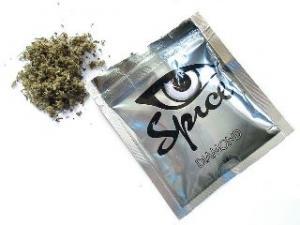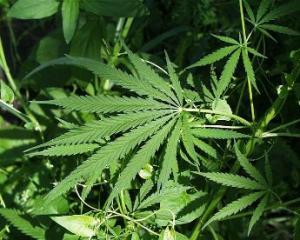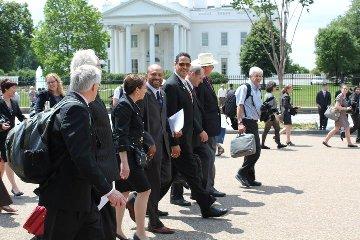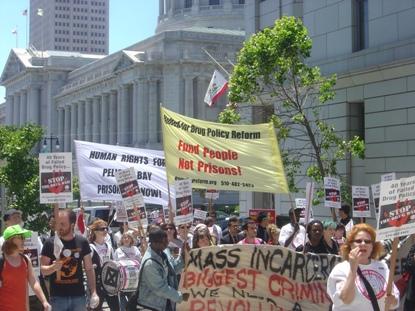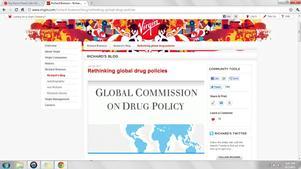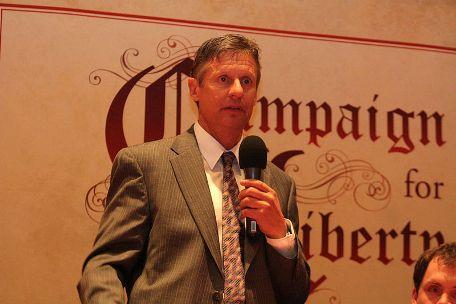New Ken Burns PBS Documentary Brings "Prohibition" Lesson to Modern America
New Ken Burns PBS Documentary Brings "Prohibition" Lesson to Modern America
More Politicians Joining the Call to End "War on Drugs"
Cops Who Fought "Drug War" Say It's Time for Legalization
WASHINGTON, DC -- As more politicians and world leaders declare willingness to consider ending the "war on drugs," a group of law enforcers who fought that war says a new Ken Burns PBS documentary about alcohol prohibition premiering Sunday provides an important lesson for today's prohibition on marijuana and other illegal drugs.
"Does anyone think making the dangerous drug alcohol illegal actually decreased the harm associated with its use, abuse and distribution?" asked Neill Franklin, a retired Baltimore narcotics cop who now heads up Law Enforcement Against Prohibition (LEAP). "Just as then, today's prohibition on drugs doesn't accomplish much to reduce harmful use and only serves to create gruesome violence in the market where none would exist under noncriminal regulation. Legalizing these drugs will make our streets safer by reducing the crime and violence associated with their trade, just as when we re-legalized alcohol."
Many current and former elected officials are calling for a re-evaluation of the "war on drugs" and a growing number are even suggesting that marijuana and other drugs should be legalized. For example, last month, Mexican President Felipe Calderon made headlines by saying - in light of an uptick in cartel attacks - that the U.S. should look at "market alternatives" for drug supply if demand can't be reduced.
Advocates are pointing out the parallels between the repeal of alcohol prohibition and today's debate about ending the "war on drugs." For example, one factor that led to the demise of alcohol prohibition was its enormous pricetag for taxpayers during the Great Depression. Today's rough economic climate is leading more politicians to criticize the growing cost of the "war on drugs."
LEAP's Franklin said, "The one major difference between the two prohibitions is that our wise grandparents came to grips with the failure of their experiment to ban alcohol after just 13 years, while the 'drug war' that President Nixon declared 40 years ago is still being prosecuted, more harshly and expensively than ever. It's about time more of our political leaders start to think about an exit strategy."
Other influential leaders and groups recently issuing calls to move away from prohibitionist drug policies include the NAACP, former U.S. President Jimmy Carter, former U.N. Secretary General Kofi Annan, former U.S. Secretary of State George Shultz, former U.S. Federal Reserve Chairman Paul Volcker, the Washington State Democratic Central Committee and the UK's Liberal Democrat Party.
Law Enforcement Against Prohibition (LEAP) represents police, prosecutors, judges, FBI/DEA agents and others who want to legalize and regulate drugs after fighting on the front lines of the "war on drugs" and learning firsthand that prohibition only serves to worsen addiction and violence. More info at http://www.CopsSayLegalizeDrugs.com.
# # #
FOR IMMEDIATE RELEASE: September 29, 2011
CONTACT: Tom Angell - [email protected]
